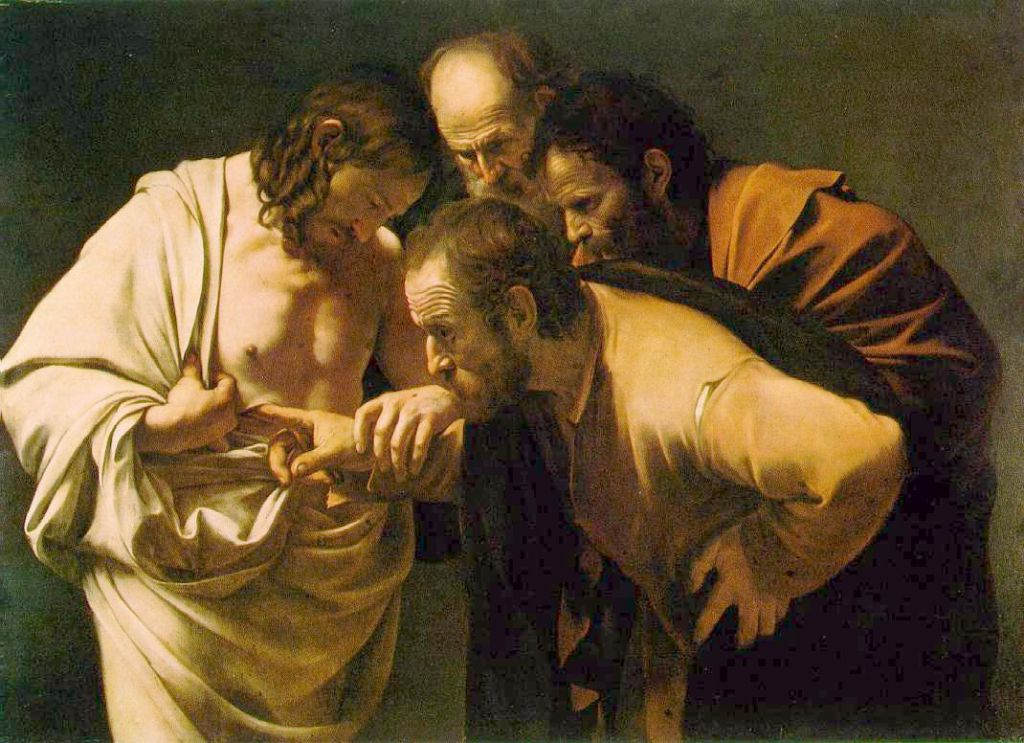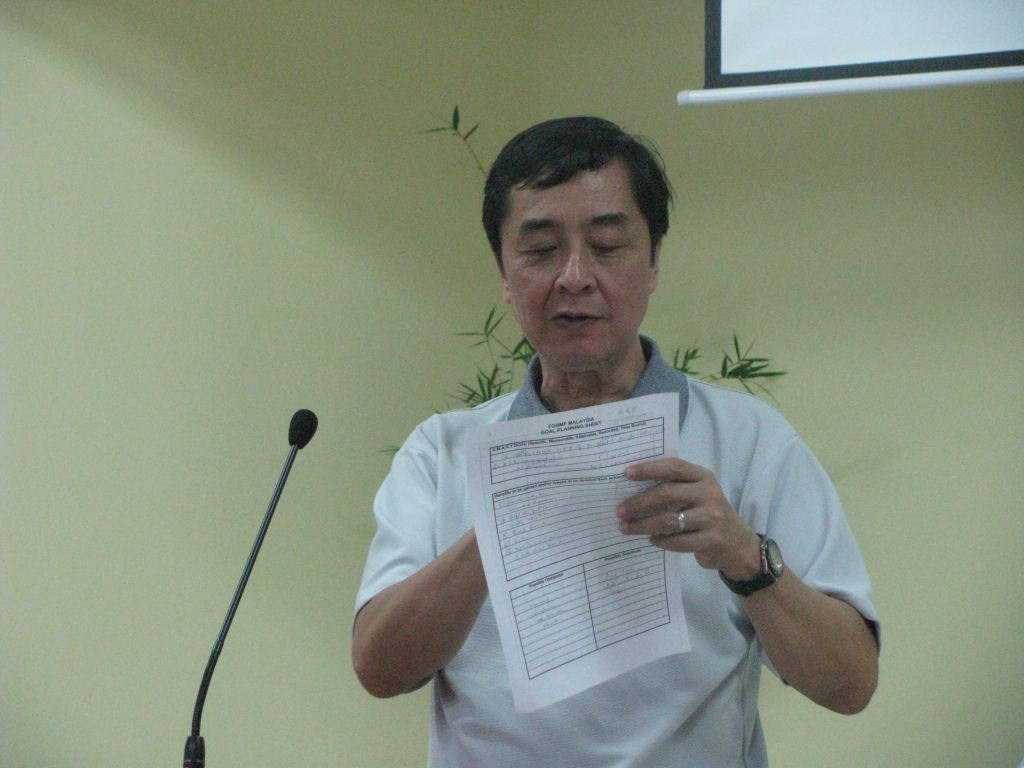
Introduction
These words form the first of the seven last words of Jesus on the cross. William Hendriksen, in his commentary on Luke’s Gospel (Grand Rapids: Baker, 1978), page 1027 maintained that these words in 23:34 were said between 9.00 AM and 12.00 noon. Warren W. Wiersbe, in “Jesus’ Last Seven Words” (Lincoln: GNBA, 1981) page 7, commented that the Greek translation indicated our LORD said this prayer a number of times.
These words were a serious prayer by Christ to the Father. Jesus was in terrible pain. This was not a casual or half-hearted request. This prayer was certainly answered. Christ does not do things by halves. We ask, therefore who was to be forgiven and how was forgiveness to have been granted?

Parties involved
Amongst the people to be forgiven, we have specific persons as well as groups to consider.
Was it:
- the Roman Governor Pilate;
- the High Priest Caiaphas;
- the Idumean (Edomite) King Herod;
- Judas Iscariot the disciple who sold Christ for 30 pieces of silver (the price of a slave);
- the robber and insurgent, Barabbas who traded places with Christ under an annual amnesty at Passover;
- the apostle Peter who denied knowing Christ?

What about:
- the Council (seventy persons) of the Sanhedrin;
- the disciples (other than John and the women at the cross) who appeared to have deserted Christ throughout the proceedings;
- those who screamed “Crucify Him” and “Let His blood be on us and on our children”;
- the self-condemned thief on the cross;
- the soldiers and guards who escorted Christ before Pilate and Herod;
- those who scourged Christ;
- those who nailed Him to the cross;
- those (later in verse 37) who would mock Him, offering Him sour wine and asking Him to save Himself if He were the King of the Jews?

In Acts 2:22 & 23; 4:10; 10:39 and 13:27 & 28, the various parties who crucified Christ were identified. These were the residents and the rulers of Israel and Judea, including those in the city of Jerusalem. This would include nearly everyone listed above.
Were the culprits forgiven, and if so, how?
St. Peter preached the gospel of Christ on Pentecost, fifty days after the crucifixion of Jesus.
In Acts 2:41, three thousand people were reported to have been saved on Pentecost Day in Jerusalem. By Acts 4:4, the total count was five thousand persons. Many priests also took up the faith, later on (Acts 6:7).
By 60 AD, the gospel had reached Athens, Rome and Asia Minor. This was about thirty years after Christ’s death. Those from these places who were in Jerusalem at the time of Christ’s crucifixion would have been able to receive the gospel about forgiveness of their sin.

Jerusalem was destroyed in 70 AD, about forty years after Christ’s death. There was also enough time for those in Jerusalem to have heard the gospel in order to obtain free forgiveness of sin by GOD’s grace.
A far larger issue is whether the culprits desired GOD in the first place. If they really wanted GOD, the words in Jeremiah 29:13 would suffice, “You will seek Me and find Me when you search for Me with all your heart.” Were their hearts then, seeking out GOD and completely at that?
If anyone in Jerusalem during the time of Christ’s death was not saved, this would have been due to what scripture and Christ label the hardness of their own hearts (Psalm 81:12; 95:8; Matt 19:8). They were forgiven–but did they see in themselves a need to be forgiven?
The Death of Christ
Isaiah 53:5 says that Christ was wounded for our offences. What were our offences? We broke the law of GOD. The law of GOD was based on His love for His chosen people to ensure that they remained in Him and did not continue in sin. “Indeed there is not a righteous man on earth who continually does good and who never sins,” Ecc 7:20.
Quite clearly we, and all those referred to in (2.) above, were the offenders to be forgiven. We are, or were, in the same league table as Pilate, Caiaphas, Herod, Judas, Barabbas, the Sanhedrin, the mob who demanded the crucifixion of Christ, the unrepentant thief and the soldiers who escorted, persecuted and mocked Christ. “For all have sinned and fall short of the glory of GOD,” Romans 3:23.

Forgiveness
Forgiveness of sin is central to the life in Christ. Matthew 5:44 is a command for us to forgive others in four ways:
- to love our enemies,
- to bless those who curse us,
- to do good to those who hate us, and
- to pray for those who spitefully use and persecute us.
In 1 John 3:15, hatred amounts to murder. In Gal: 5:15-17 tearing and consuming one another over misunderstandings is considered destructive, carnal, and unspiritual. Proverbs 24:11 goes further, commanding us to deliver those who are drawn toward death. Suicide is unacceptable (Acts 16:27&28).
Luke 17:3 states that if a person sins against us and he repents, he is to be forgiven. Forgiving sinners was the basis of Christ’s death. He Himself called for forgiveness to free his tormentors from the guilt of their acts.

Steven, the first martyr, left us an example of forgiveness. He requested his persecutors be forgiven. He made this request in the midst of being stoned to death (Acts 7:59-60)!
GOD’s forgiveness is the whole message of the gospel. The slightest hint of resentment with one another over a quarrel or misunderstanding is completely unacceptable to GOD.
What was done that was unknown?
Another major concern in this saying of Christ at the cross is in the second part of this verse in Luke’s gospel: “they do not know what they do”. What were ‘they’ doing? They were engrossed in sin.
What is sin? Christ defines sin in John 16: 9 as not believing in Him. Clearly, the persecutors by their humiliation and violence on Him did not believe in Christ.
Isaiah 59:2 says that we have separated ourselves from GOD by our sin. Sin does not just amount to deliberately doing something wrong. Sin is more than that. It is the separation from God in what we think, speak or do. We do not believe Christ completely. How can this arise?

This happens when we step out of the immediate awareness of GOD and act on our own. We fail every moment to make GOD as the total focus of what we occupy ourselves with. We are distracted away from GOD.
W. Tozer labels this “pro-tem atheism”: temporarily behaving like someone who does not think GOD exists. This is not an extremist view. Rather it requires us to consecrate (surrendering spiritually) all things to GOD at each moment. Nothing should be pursued independently of GOD when we think, speak or act.
The Holy Spirit dwells in us (Rom 8:9; 1 Cor 3:16; 2 Timothy 1:14). The flesh and the devil will certainly put up resistance all the time against the Spirit of GOD.

Dealing with the unknown
This is why St Paul requests that we pray continually (not casually) and give thanks in everything (not most things) to GOD. This is the will of Christ Jesus in us (1 Thess 5:17 & 18). St Peter reminds us to cast all (not most, but all) our cares on Christ. We are to be thoroughly alert in our faith (1 Peter 5:7-9) as we are ready-made prey for the devil.
We should not indulge in pursuing self-centred goals. All things we do are fine–provided they can be, and if they are, totally assigned to GOD continually. When they are not, this then is the equivalent of sin. Our efforts are separated from GOD and acted on completely in the flesh. This then draws us away from Christ, and we do not know what we do.

Conclusion
Luke 23: 34 teaches us two things: one, Christ forgave us all—his tormentors, just as much as He forgave the rest of mankind. GOD’s forgiveness is the central theme of Christ’s work and the gospel. If we are Christ’s followers we are required to forgive those who antagonise or even persecute us.
Secondly, this prayer of Christ is a reminder that we could be doing things without knowing what we do. We need to be constantly in His presence, alert and not take a casual approach in what we do. We need to be alive to the Spirit of GOD in us.

| Share the Good News |
NOTE: Tony Dibble worships at Endeavour Christian Gathering, in Perth, Western Australia. Prior to this, he was attending the Church of Our Holy Saviour, in Labuan, East Malaysia. When in Kuala Lumpur, he worships and preaches at Faith Oasis Fellowship (FOF) Subang Jaya, Selangor.
Written by Tony Dibble




Leave a Reply